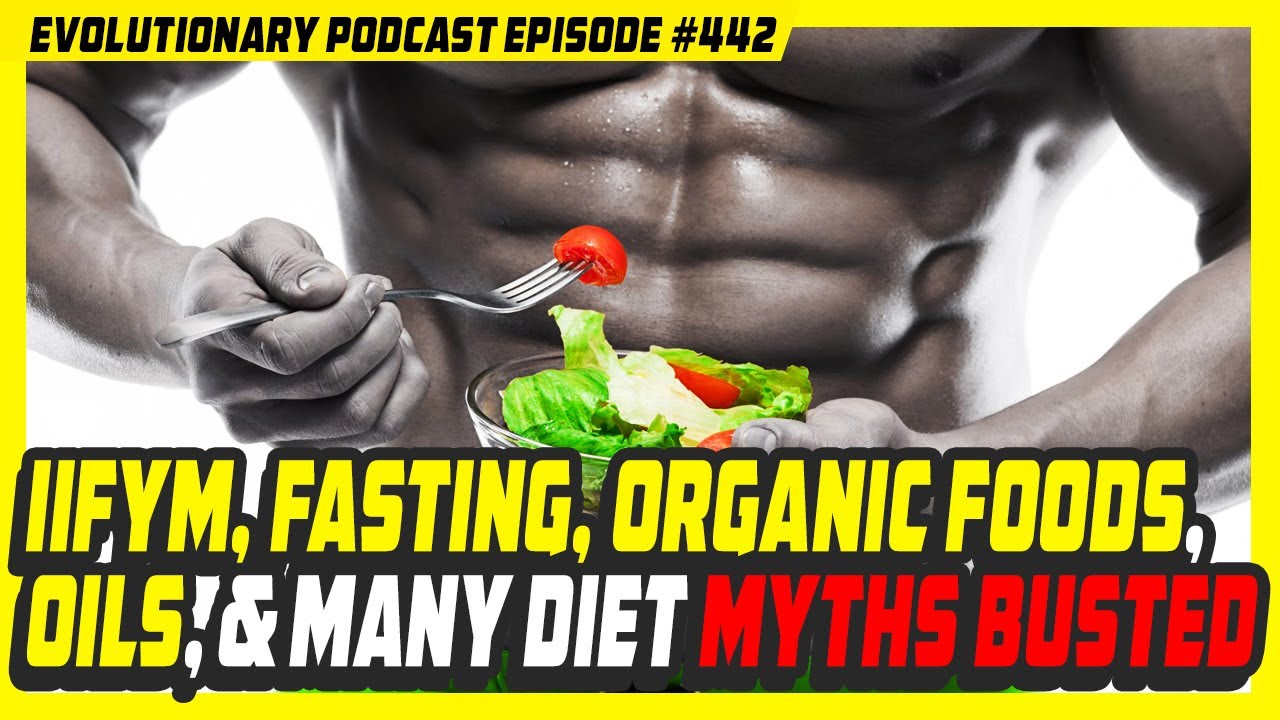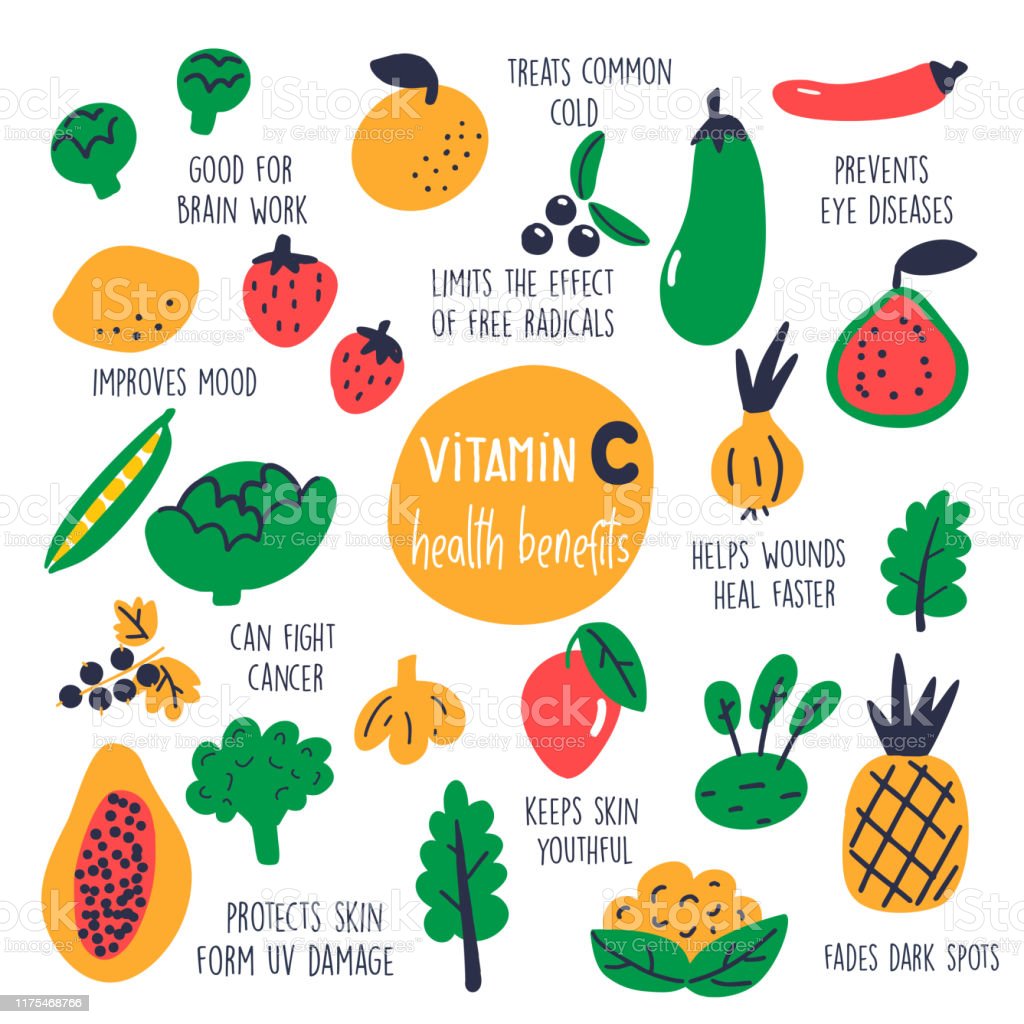
You don't have to give up your favorite foods just because you are eating healthy. Depending on the stage of pregnancy, vegetables can be added to your daily meals. You can serve them in many forms including soups and smoothies, sandwiches, salads, and even as a side dish. You can find a variety of vegetable colors. They also provide different vitamins, minerals. Although fresh fruits and veggies are the best, canned and dried fruit are also available. You are more likely to get germs or infections if you wash your vegetables thoroughly.
It is best to avoid cold or smoked foods during pregnancy. Instead, you should choose fresh fish or tinned fish that's been steaming hot. While deli meats are considered safe in some countries, women should refrain from eating them until they become pregnant. Talk to your doctor or midwife if there are any doubts about what you should be eating during pregnancy. A doctor will always advise you not to try to make a meal substitute.

Baby growth is supported by eating protein-rich food. A pregnant woman needs extra protein for her growing baby, so consuming more protein-rich foods will help the development of the baby's brain and heart. High-protein foods can also be good for pregnant women because they contain fiber and vitamins. You can add more grains to your diet. These grains are rich in fiber and folate, as well as B vitamins, iron, and folic acid. These can help reduce the risk of constipation, hemorhoids, and other issues.
Folate, which is found in dark-green veggies, is crucial for the development, growth, and maintenance of the uterus. For a more varied meal, you can also add frozen veggies to your meals. You can also make your diet vegetarian to increase your protein intake. Additionally, it is high in fibre, vitamin C, and iron. These foods are great sources both of iron and fiber.
Calcium is an essential nutrient for baby development. Milk is a good source. Calcium can also be obtained from other sources such as dairy. You can also drink low-fat milk if you are lactose intolerant. Other dairy products may contain less fat so be sure to select one that is low in fat. These foods are full of nutrients that are important for the development of a baby. It is important to consider the different food groups when selecting what to eat.

High-protein foods are a good choice. While these foods do contain protein, it is best to avoid red and other red meats. You should also eat lots of whole grains and nuts in addition to poultry, beef, fish, and Turkey. These foods provide essential nutrients and fiber, which support the development of the baby. The best choices for pregnant ladies are beans and the peas. They are also rich in iron and other vitamins so they are a great choice.
FAQ
Do I have to exercise every single day?
No! Do at least 30 minutes of moderate intensity physical activity five days a week. That could mean walking fast enough for you to get slightly out of breath and biking hard enough for you to sweat.
Is it true, that too much protein can cause kidney stones?
Protein is essential for healthy bones and tissue. Too much protein can cause calcium to be excreted through the urine. In turn, this can result in kidney stones.
It is important to keep in mind that not everyone will develop kidney stones if they consume more protein than 2 grams per kilogram (2.2lbs). People can eat large amounts of protein and not get kidney stones.
Watching your sodium intake can help prevent kidney stones. Sodium regulates the water balance of the kidneys. Too much sodium can cause kidney stones.
You can also reduce your intake of proteins if you develop kidney stones. Protein provides about half of the daily caloric needs for most adults. You'll lose weight if you reduce your intake of protein.
If you do decide to eat more protein, don't go overboard. Limit your intake to 20% of your total daily protein intake.
How many calories per day should I consume?
The exact amount varies depending on the person. On average, 2000 to 2500 calories are consumed per day. You need to determine how many calories you need based on age, gender, height, weight, activity level, and lifestyle.
Statistics
- 10 pounds in a month is likely during a lean bulking phase, especially for beginners. (muscleandstrength.com)
- The PRS enabled risk stratification for overall prostate cancer and lethal disease with a four-fold difference between men in the highest and lowest quartiles (HR, 4.32; 95% confidence interval [CI], 3.16-5.89). (pubmed.ncbi.nlm.nih.gov)
- Cardmembers earn 5% Back at Amazon.com with a Prime Credit Card. (amazon.com)
- According to the American Heart Association, blood pressure should be checked at least once every two years, beginning at age 20. (my.clevelandclinic.org)
- According to the American Academy of Dermatology (AAD), men over 50 are at a heightened risk of developing it. (healthline.com)
External Links
How To
What is the best food for men to eat?
Men should eat five servings per day of fruits and vegetables. They also need to limit red meat consumption and avoid fast foods.
Vegetables and fruits are rich in antioxidants, which can protect against cancer and cardiovascular disease.
Vegetables include broccoli, cauliflower, carrots, spinach, tomatoes, peppers, cucumbers, lettuce, mushrooms, etc.
Beans and peas have high fiber and protein.
The best sources of omega-3 fat acids are nuts and seeds. Omega-3 fatty acids are critical for brain function and hormone production.
Another source of omega-3s are fish. Mercury is more abundant in fish than in most other meats. However, fish liver oil does contain fewer toxins.
Omega-6s found in vegetable oils like corn, soybean, safflower, sunflower, and cottonseed oils are necessary for average growth and development.
Poultry provides a lot of lean meat. Chicken breast is one of the healthiest meats.
Lean beef contains low amounts of saturated fats and cholesterol. Red meat should be limited as too much iron can increase your chances of developing prostate cancer.
Avoid processed meats such as sausage and hot dogs. These have added nitrates which can be carcinogenic.
It's obvious that exercise is vital for your overall health. What if you already exercise regularly? Is there something you can do to improve your physical condition or keep it that way?
The answer is yes You have many options to maximize your workouts. Here are some tips for maximising your workout.
Start slow. It is possible to injure your self if you push too hard during your first session. You can start slowly increasing your intensity by starting at a comfortable pace.
Stretch before and after. Stretching will help loosen tight muscles, reduce soreness, and improve flexibility. You can stretch by lying down, standing up, or walking around.
Cool down. This is especially important if you're doing cardio exercises. To ensure that you don't become tired, your body needs to have time to recuperate between sessions. To cool down, walk slowly, take deep breaths, or go for a short swim.
Hydrate. Drinking plenty of fluids helps keep you hydrated and reduces muscle cramps. Water is the ideal beverage, but sports drinks may also be helpful.
You must eat right. Get enough calories in each day. It will keep you feeling energized and focused while you work out by eating regular meals throughout each day.
Get enough rest. You'll wake up feeling refreshed and ready to start your next workout when you sleep properly. You must also get adequate sleep to heal damaged tissues.